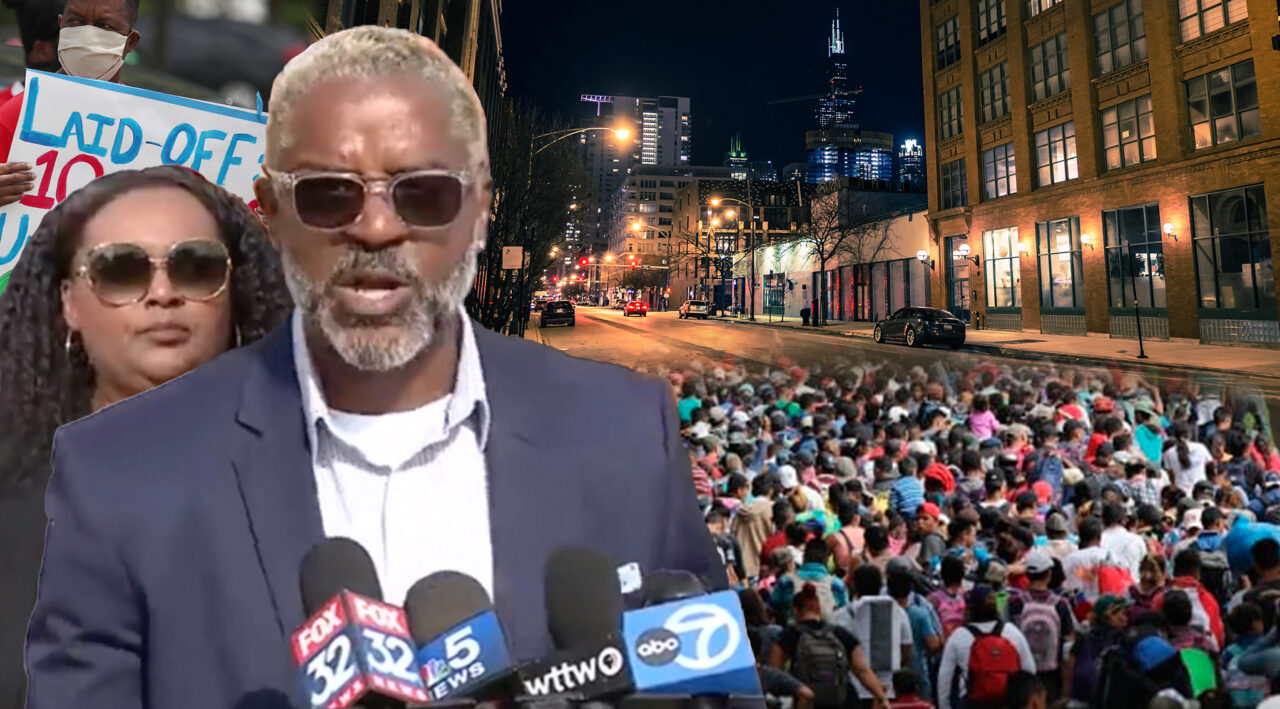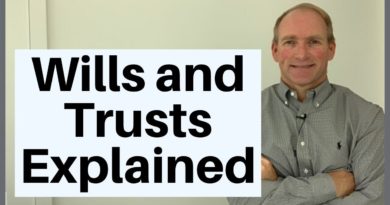What Happens to My Estate after My Death?
Most people have a vague understanding of the importance of estate planning; however, there are also several myths and misconceptions surrounding the reason for having an estate plan in place. Specifically, people often have the wrong ideas about what happens after they are gone. To help make sure you do not fall victim to any of these mistaken ideas, the Indianapolis estate planning attorneys at Frank & Kraft discuss five things you might not know about what happens after your death.
- Your Loved ones may have to wait for the assets you left them. If your family or loved ones will be counting on the assets you leave behind to pay for basic living expenses, they may have to wait for months – even years – before those assets are accessible if the assets need to go through probate. Fortunately, careful estate planning can resolve this potential problem.
- Your spouse will not necessarily get everything if you die intestate. You may want your spouse to get everything; however, if you do not leave behind a valid Last Will and Testament, the intestate succession laws of your state of residence will determine who gets what after your death. This often means that your spouse will split your possessions with your children. In other states, your spouse gets a specific percentage of your total assets. If you want your spouse to inherit everything or want him/her to inherit specific assets, you need to execute a Will.
- Having a Will does not mean your estate avoids probate. While there are several important benefits to having a Will in place at the time of your death, having one does not mean your estate will avoid probate. For the terms of your Will to be effective, your designated Executor must submit your Will to the probate court. The court must accept the Will and declare it to be valid. This may seem like a formality, any “interested person” can contest the validity of Will submitted to probate. Probate can also take months, even years, to conclude, meaning your loved ones may have to wait to receive their intended inheritances. Moreover, the terms of your Will become public record as soon as it is submitted for probate. If you want your estate to avoid probate, including a trust in your estate plan is a good idea.
- The state will not take everything if you die intestate. Although it is legally possible for the state to end up with everything, it is highly unlikely. That only happens if absolutely no family members can be found or if you incurred nursing home costs paid for by Medicaid and the state’s Medicaid Estate Recovery Program aggressively goes after your estate assets. The more likely result is that your close family members will inherit your estate. More distant family members, friends, and charities will receive nothing.
- Your family will not necessarily be stuck paying all your debts. Your adult children will not be paying out of pocket for the debts you leave behind; however, they may indirectly pay. Creditors of your estate have the right to file claims against your estate. Valid claims, in turn, must be paid by your estate. That means that the overall value of your estate assets will be decreased by the amount of any claims paid. If your spouse (or another family member) was a joint borrower on a debt, however, they may be legally responsible for the debt after your debt.
Contact Indianapolis Estate Planning Attorneys
For more information, please join us for an upcoming FREE seminar. If you have additional questions or concerns regarding estate planning, contact the experienced Indianapolis estate planning attorneys at Frank & Kraft by calling (317) 684-1100 to schedule an appointment.
Paul Kraft is Co-Founder and the senior Principal of Frank & Kraft, one of the leading law firms in Indiana in the area of estate planning as well as business and tax planning.
Mr. Kraft assists clients primarily in the areas of estate planning and administration, Medicaid planning, federal and state taxation, real estate and corporate law, bringing the added perspective of an accounting background to his work.
Latest posts by Paul A. Kraft, Estate Planning Attorney (see all)





